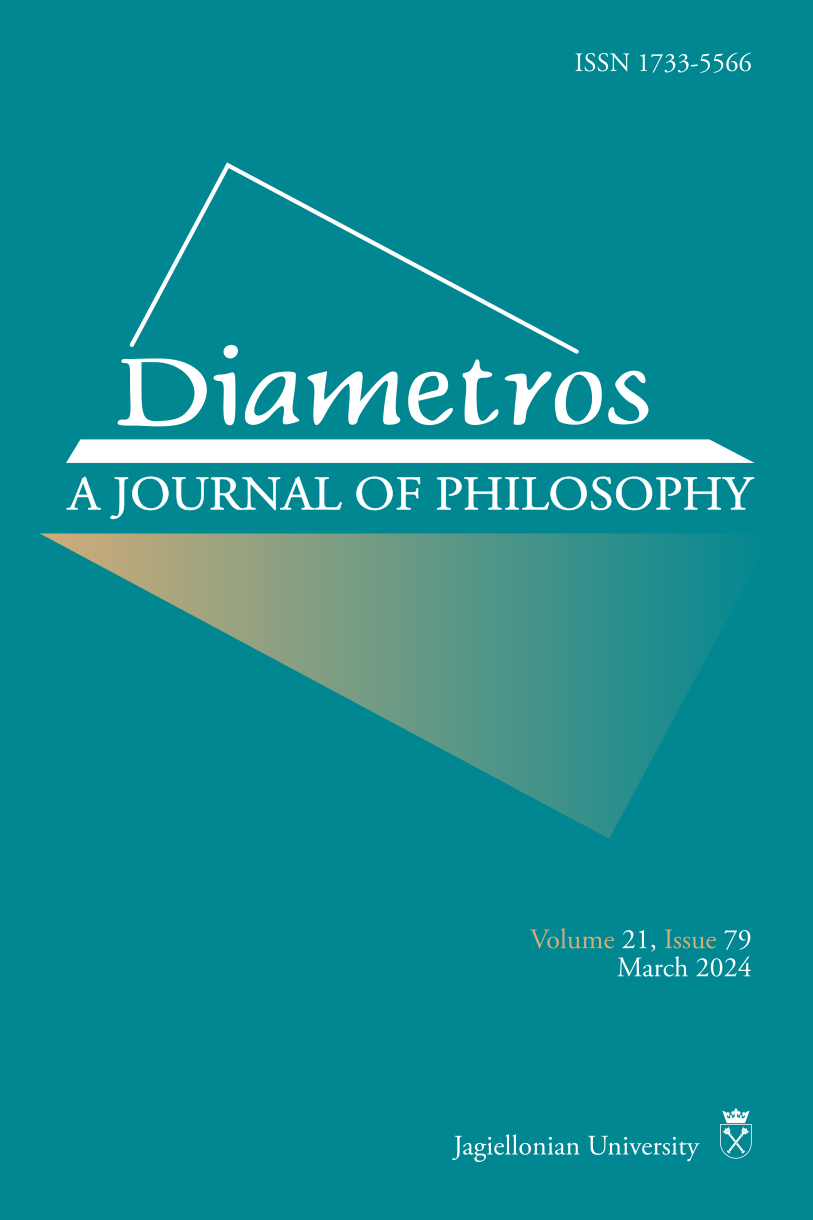Pushing The Boundaries of The Quarantine Model: Philosophical Concerns and Policy Implications
Pushing The Boundaries of The Quarantine Model: Philosophical Concerns and Policy Implications
Author(s): Mirko Farina, Andrea Lavazza, Sergei LevinSubject(s): Criminal Law, Penology, Philosophy of Law
Published by: Instytut Filozofii Uniwersytetu Jagiellońskiego
Keywords: punishment; retributivism; dangerousness; Pereboom; Caruso;
Summary/Abstract: The quarantine model, recently proposed by Pereboom and Caruso, is one of the most influential models developed to date in the context of criminal justice. The quarantine model chal- lenges the very idea of criminal punishment and asserts that nobody deserves punishment on a fundamental level. Instead, in order to deal with offenders, it proposes a series of incapacitation measures based on public safety concerns. In this article, we examine several objections to the quarantine model that demonstrate how, in our view, it can be improved. These mainly pertain to (2.1) the difficulty of reliably identifying dangerous individuals and consequently the need to base confinement decisions on probability, and (2.2) the potential for the quarantine model not to properly deter certain crimes. Three additional objections are raised with respect to (3.1) the rights that are potentially suppressed in the quarantine model; (3.2) the role of “genetic justice”; and (3.3) the dif- ficulty it faces accommodating reasons-responsiveness. Whereas these objections do not constitute knock-down arguments against the quarantine model, they highlight issues that invite closer scruti- ny, at least if it is to be considered as a credible framework for the development of viable policies in criminal justice.
Journal: Diametros
- Issue Year: 21/2024
- Issue No: 79
- Page Range: 146-162
- Page Count: 17
- Language: English

